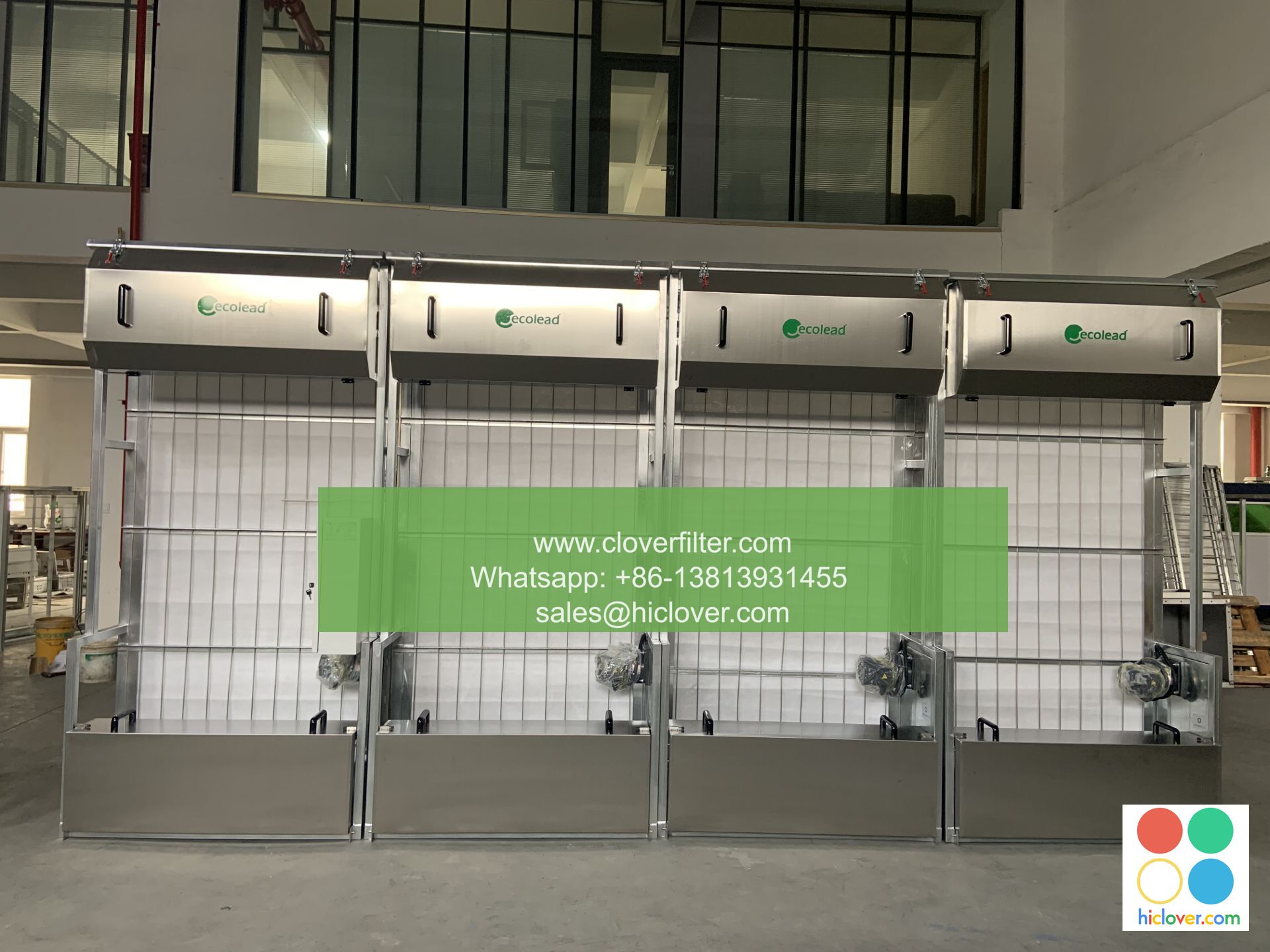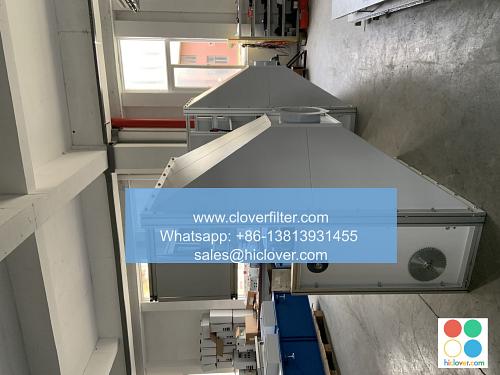The Impact of Automatic Roll Air Filters on Energy Efficiency in Sherbrooke’s Sterile Production Lines

The city of Sherbrooke, known for its thriving industrial sector, has been witnessing a significant transformation in its sterile production lines. One of the key factors contributing to this change is the integration of automatic roll air filters. These advanced filtration systems have been designed to enhance energy efficiency, reduce maintenance costs, and improve overall product quality. In this article, we will delve into the impact of automatic roll air filters on energy efficiency in Sherbrooke’s sterile production lines, highlighting various application areas and key benefits.
Understanding Automatic Roll Air Filters
Automatic roll air filters are designed to provide a continuous supply of clean air, free from contaminants and particles. These filters use a rolling mechanism to advance a new, clean filter media, replacing the dirty one, thereby ensuring a consistent airflow and preventing any disruptions to the production process. This technology has been widely adopted in various industries, including pharmaceutical, food processing, and medical device manufacturing, where sterile conditions are paramount.
Energy Efficiency Benefits
The implementation of automatic roll air filters in Sherbrooke’s sterile production lines has resulted in significant energy efficiency benefits. By providing a consistent airflow and reducing the need for frequent filter replacements, these systems have led to a decrease in energy consumption. This, in turn, has resulted in lower energy costs and a reduced carbon footprint. Additionally, the automated nature of these filters has minimized the need for manual intervention, reducing labor costs and improving overall productivity.
Application Areas
Automatic roll air filters have a wide range of applications in Sherbrooke’s sterile production lines, including:
* Pharmaceutical manufacturing: Where clean air is crucial for the production of medicines and other pharmaceutical products.
* Food processing: Where sterile conditions are essential for ensuring the quality and safety of food products.
* Medical device manufacturing: Where clean air is necessary for the production of medical devices, such as implants and surgical instruments.
* Biotechnology research: Where sterile conditions are critical for conducting research and development in biotechnology.
Key Benefits
The integration of automatic roll air filters in Sherbrooke’s sterile production lines has resulted in several key benefits, including:
* Improved energy efficiency: Through reduced energy consumption and lower energy costs.
* Increased productivity: Through minimized manual intervention and reduced downtime.
* Enhanced product quality: Through consistent airflow and reduced contamination risks.
* Reduced maintenance costs: Through extended filter life and reduced replacement costs.
Conclusion
In conclusion, the impact of automatic roll air filters on energy efficiency in Sherbrooke’s sterile production lines has been significant. By providing a consistent airflow, reducing energy consumption, and minimizing manual intervention, these systems have resulted in improved energy efficiency, increased productivity, and enhanced product quality. As the demand for sterile products continues to grow, the adoption of automatic roll air filters is likely to increase, driving further innovation and efficiency in Sherbrooke’s industrial sector. By highlighting various application areas and key benefits, it is clear that automatic roll air filters are an essential component of modern sterile production lines, enabling companies to maintain high standards of quality, safety, and energy efficiency.

